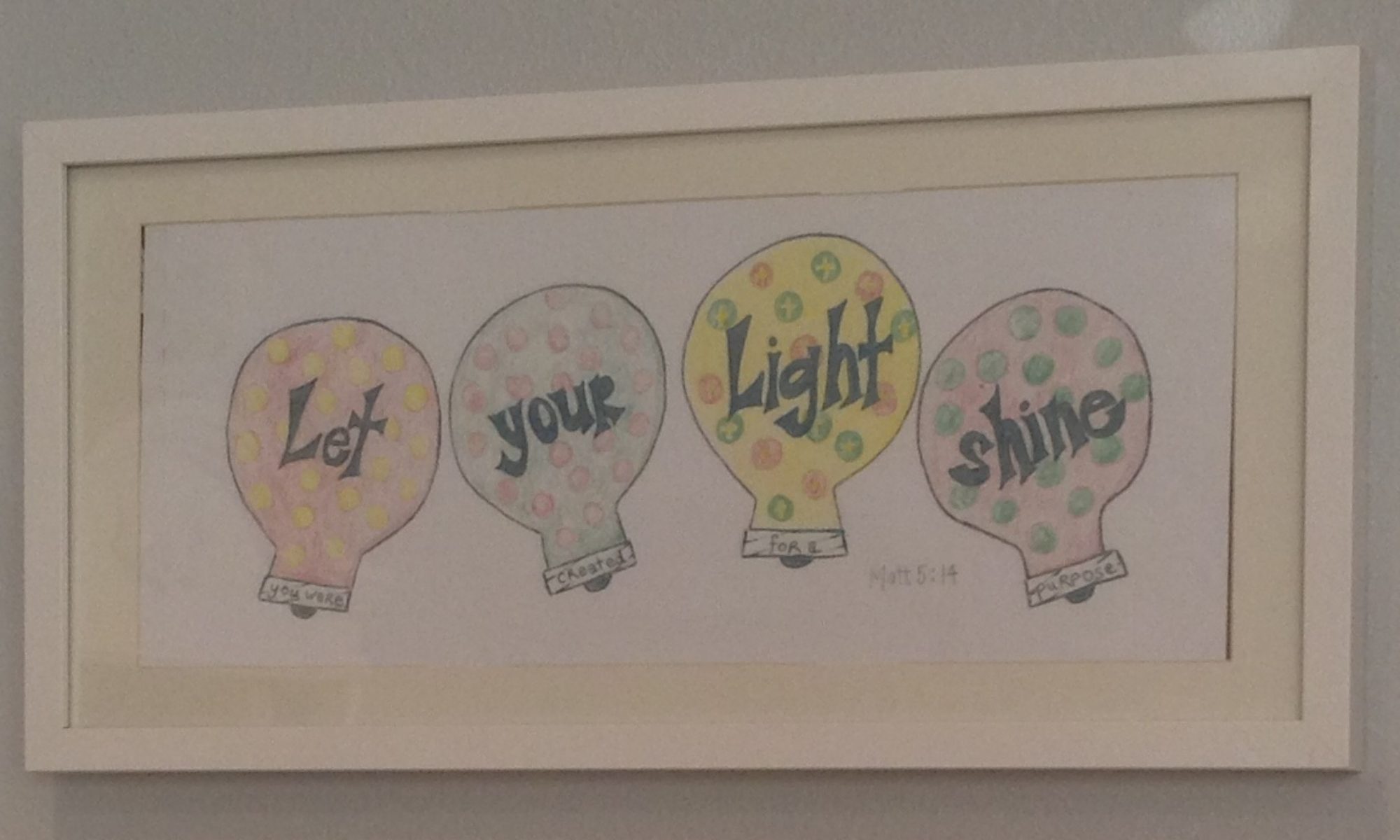1. By Standing ON TRUTH (with cute shoes of course). Here is the TRUTH: There is no greater Love than that of Jesus. God loves us that much, and sometimes, for reasons I just don’t understand, He plants things in our lives, good and bad, which are to refine us for the better.
2. By being our true selves, making the most of each moment, silliness and all. God created us all different, thank goodness. We all have a side that is child-like, that we suppress, and so what happens? We forget that laughing is good medicine. And sometimes being silly is just good for the soul. We can worship Him by being unafraid to let it all out and rejoice in the day.
3. Singing! Raising our hands to Him shows our reverence and our adoration for His presence in our lives. Sometimes, also, we just want to feel Him.
I know that my need for personal touch and Love from Him overwhelms me; I need to express my AWE of Him.
…. and I just need to hold on to His rock of stability.
4. By Loving others and showing it always. I worship Him by being mindful that my needs are secondary to loving others more than myself. His Spirit gives me the ability to be completely selfless (and only Him because I sure cannot do it solely!) and take care of others, whether it be smiling at a stranger, helping a student after school, or just being an ear.
For now….. I just am taking my days one at a time, loving Tatum with all my heart, asking God to help me be the best mommy ever, and trying to serve others with a smile. 













































